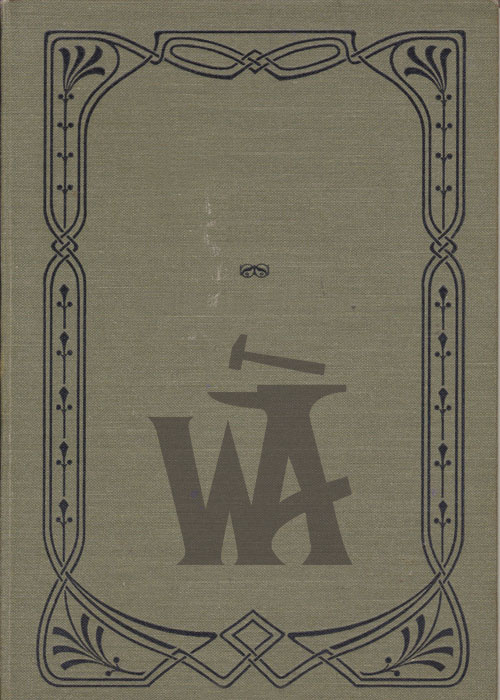Back in the beginning of the world, there was only one landmass. Over the course of five hundred millennia, the tectonic plates on top of which all land lies have shifted into the shapes we see as our continents today. We know from multiple religious texts that, for a time, the Ancient Alunir boasted the largest kingdom in the world. Our former understanding was that it encompassed all of Eighth Era Mausbury. After vigorous translation of the Sveyelethillian Tablet, it could be the case that the Alunir ruled over the entirety of the supercontinent.
This would explain why the Alunir never saw reason for separating the world "Aluvia" from the kingdom "Aluvia". Historian speculatives tell us now that the Alunir more than likely ruled the ancient world, making their kingdom all of "Aluvia". The Tablet's revelations alone reveal something truly intriguing about the concept of linguistics. Namely, that language can be malleable, but also that language can be formative.
For instance, though the family "Aluventria" has maintained a pristine bloodline for hundreds of thousands of years, but we in the transcription of the Tablet that their name, much like the Elvish language, has changed dramatically over time. For the modern day Aluventria was an Ancient Aveluyinain, which roughly translates in Ancient Elvish to "Kings of Aluvia". The surname Aluventria quite literally is a statement of power.
In the Ancient world, there is evidence that the early humans were subject slaves to the Ancient Aluventrias, this corroborated by summarized transcriptions of the Book of Tritimak, sourced to this author by the Graceful Amara of Mausbury. Tritimak describes his living conditions in his own mind as being that of "lower than the swine at [Aluventria's] feet" and describes his torment numerous times over the years. His is the only truly unadulterated and irrefutable firsthand account scholars have of a human under Alunir rule. His next remarks are even more telling:
"Master tells me he knows why the elves amend their lexicon with such regularity. He tells me that when he lived in the Royal Palace he had overheard the King say that he 'thinks the men are beginning to catch on' and that 'revisions need to be made before talks of mutiny persist'". The Lich Setherus hypothesized that the complex and unenunciable Elven language was devised in an effort to prevent the masses from challenging Aluvian rule.






